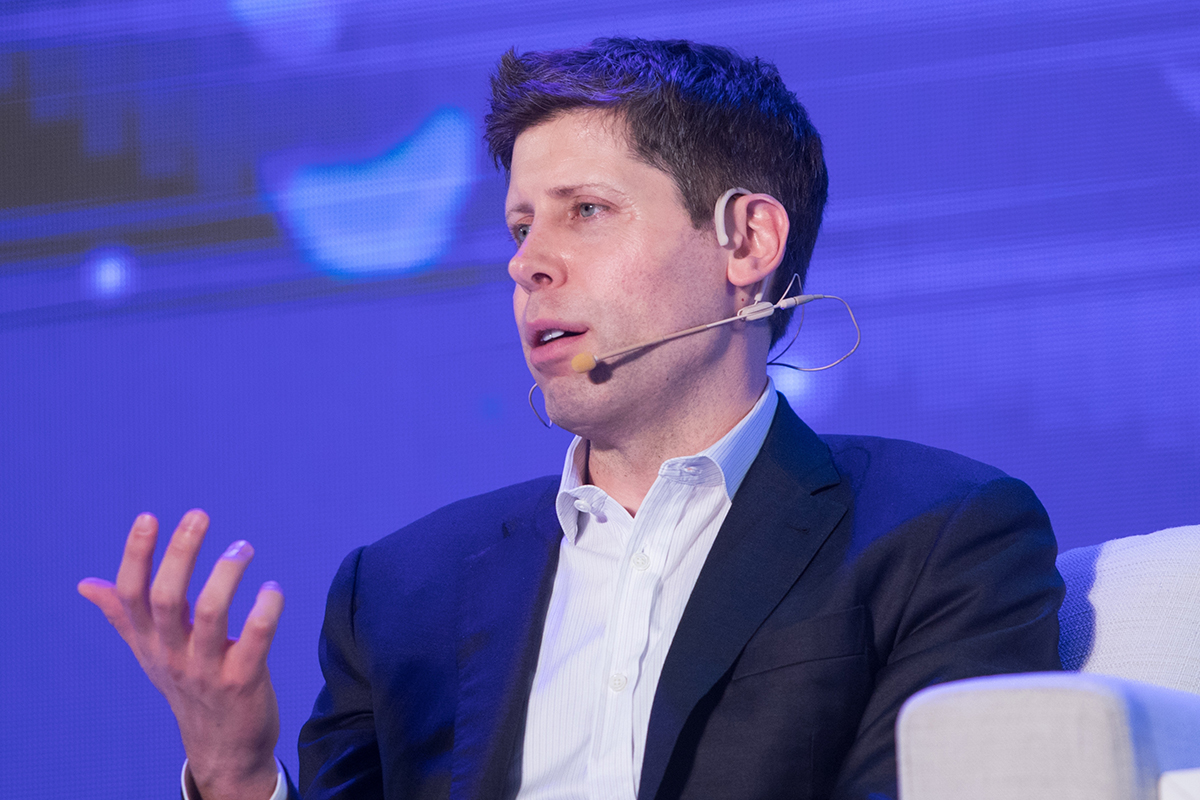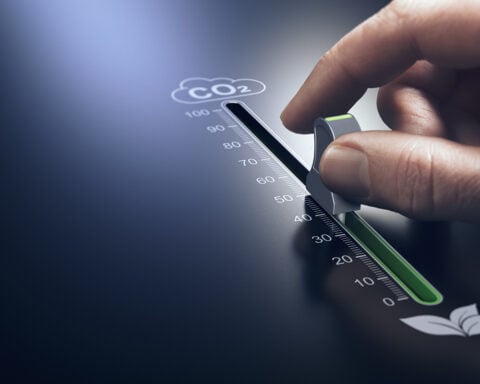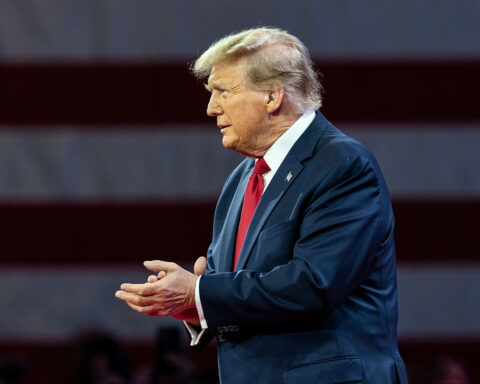In a thought-provoking address at the World Economic Forum, Sam Altman, the CEO of OpenAI, has issued a call for caution when it comes to entrusting artificial intelligence (AI) with “life-or-death” decisions. Altman’s remarks underscore the importance of human involvement in critical decision-making processes, despite the growing influence of AI in our world.
Altman, whose company is renowned for creating ChatGPT, a groundbreaking generative AI system, acknowledged the impressive capabilities of AI. Yet, he emphasized that AI remains ill-suited for scenarios where human lives hang in the balance. Altman characterized AI as a system that occasionally gets it right, occasionally exhibits creativity, but often errs, making it an inappropriate choice for tasks like autonomous vehicle operation.
Nevertheless, Altman pointed out that AI can serve as a valuable tool in a wide array of creative tasks, ranging from brainstorming ideas to assisting with coding. Drawing a clear line between AI’s strengths and limitations is crucial to harnessing its potential effectively.
This year’s World Economic Forum discussions have prominently featured AI’s impact on society, employment, and the global economy. The International Monetary Fund (IMF) recently projected that AI will influence almost 40% of jobs worldwide, ushering in a transformation that will both displace and complement existing roles. However, there is growing concern that this shift could exacerbate income inequality on a global scale.
During the same panel discussion at Davos, Marc Benioff, CEO of Salesforce, echoed Altman’s sentiments. Benioff contended that AI should not supplant humans but rather enhance their capabilities. He cited the success story of a Gucci call center in Milan, where the integration of Salesforce’s AI software led to increased revenue and productivity as employees seamlessly incorporated AI into their customer interactions.
Both Altman and Benioff stressed the critical importance of regulating AI systems to mitigate potential existential threats stemming from the technology’s rapid advancement. Altman lauded the increased awareness of AI’s limitations and the ongoing discourse regarding its responsible utilization. He underscored that it is paramount for AI developers and organizations to uphold high ethical standards.
In addition to his insights on AI, Altman briefly touched upon a copyright lawsuit brought against OpenAI by The New York Times and his rather unusual experience of being temporarily relieved of his duties and then swiftly reinstated by the OpenAI board in November, which he humorously described as “so ludicrous.”
As AI continues to reshape diverse aspects of society, leaders and experts are increasingly mindful of the ethical, social, and economic ramifications of this transformative technology. While AI promises tremendous potential, discussions like those at the World Economic Forum emphasize the urgent need for responsible development, deployment, and regulation to ensure that AI serves the best interests of humanity.







